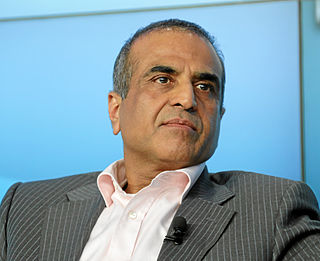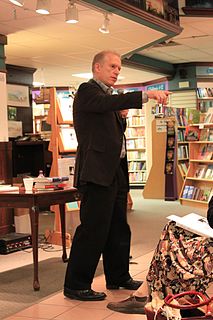A Quote by Robert Bly
In the sibling society, both the adult and the elder get lost, and no one knows where they are.
Related Quotes
When you learn conflict-resolution skills in the playroom, you then practice them on the playground, and that in turn stays with you. If you have a combative sibling or a physically intimidating, older sibling, you learn a lot about how to deal with situations like that later in life. If you're an older sibling and you have a younger sibling who needs mentoring or is afraid of the dark, you develop nurturing and empathic skills that you wouldn't otherwise have.
There needs to be an order of office, but in every single office that is presented in the Scriptures there is the personal emphasis within that legal concept. In the Church the elder is an office-bearer. But both the preaching elders and the ruling elders are "ministers," and the word "minister" is a personal relationship, it does not speak of dominance. There is to be order in the Church, but the preaching elder or the ruling elder is to be a minister, with a loving personal relationship with those who are before him, even when they are wrong and need admonition.
All of those on the left, as I am, have always vastly preferred the democratic society over the hierarchical society and still do, but the democratic culture doesn't exist without highly informed citizens capable of thinking well, and if you have schools in which 40 percent of the people coming out of them cannot make change for a dollar, you don't have a democracy. You have a sibling society.
The English language has about 450,000 commonly used words, but more may be needed. What to you call someone who has lost a sibling or had a miscarriage? Or a gay person whose partner has died? Or an elderly person who has lost every friend and relative? So many heartaches can't be found in the dictionary.



































